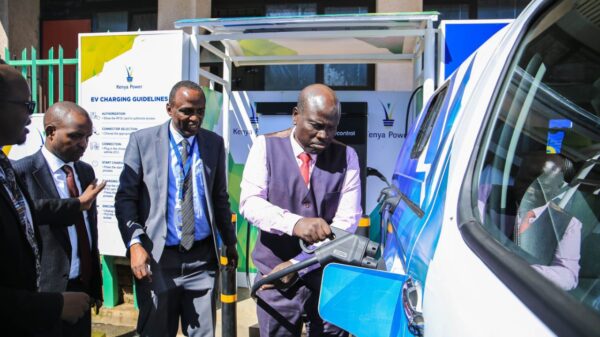NAIROBI, Kenya, Feb 12 – The Kenyan government is fairly above average in providing citizens with information about its budget and financial activities, a recent report has indicated.
The report dubbed “Open Budget Survey 2008” and which produced by the International Budget Partnership (IBP), an independent think tank, shows that Kenya is in the 23rd position out of the 85 countries that provide (budget) information to their citizens, although this information does not fully inform the public about how its money is spent.
“Limited information makes it difficult for citizens to hold the government accountable on the way their money is spent. The government’s budget proposal does give the public a good picture of taxing and spending plans for the year, but it is difficult to track spending and borrowing during the year,” said Imelda Namagga, the IBP Ugandan representative.
The survey evaluates whether central governments give the public access to budget information and opportunities to participate in the budget process and at the same time examines the ability of legislatures and auditors to hold their governments accountable.
Ms Namagga said the findings reveal that Kenya’s year-end report lacks the detail needed to compare what was budgeted with what was actually spent, and that only limited information is provided about government progress, with specific projects and activities.
“The audit report is limited, and generally late, with little information about whether the report’s recommendations are being implemented,” she said of the country’s performance.
Ms Namagga explained that Kenya’s budget process would be more open if access to budget documents were improved, Parliament had greater role in the budgetary process, while citizens had more opportunities to effectively participate in budget discussions from the local to national level.
“Parliament must enhance its role in the preparation, scrutiny and monitoring of the national budget to improve transparency and accountability of the process,” she maintained.
The survey found out that restricting access to information hinders the ability of the public, journalists, commentators, academics, and civil society organisations to hold officials accountable, and creates opportunities for governments to hide unpopular, wasteful, and corrupt spending.
The report also concluded that the lack of information also hinders the ability of other government bodies, such as legislatures and national audit offices, to do their jobs effectively. In 24 of the 85 countries, the survey showed, the legislature received the budget six weeks or less before the budget year begins.
The findings also noted that many governments produce the budget information that would allow the public to participate effectively in the budget process but do not release it.
In 51 of the 85 countries surveyed, the government produces at least one key document that is not disclosed to the public. Thus governments could improve transparency immediately and at a very little cost, simply by disclosing information that is already produced.
“That governments already produce information for their internal use or for donors that they do not make public tells us that the lack of transparency is often more a question of political will, rather than one of capacity,” said IBP Director Warren Krafchik.



































